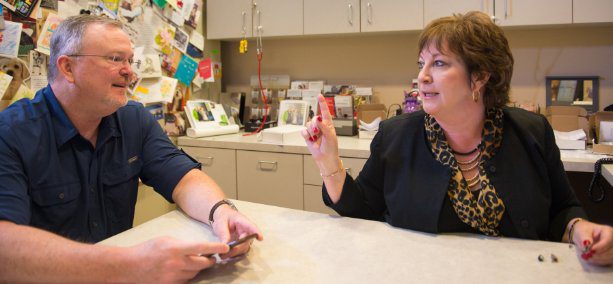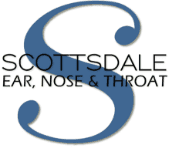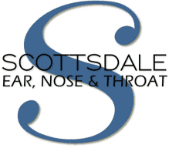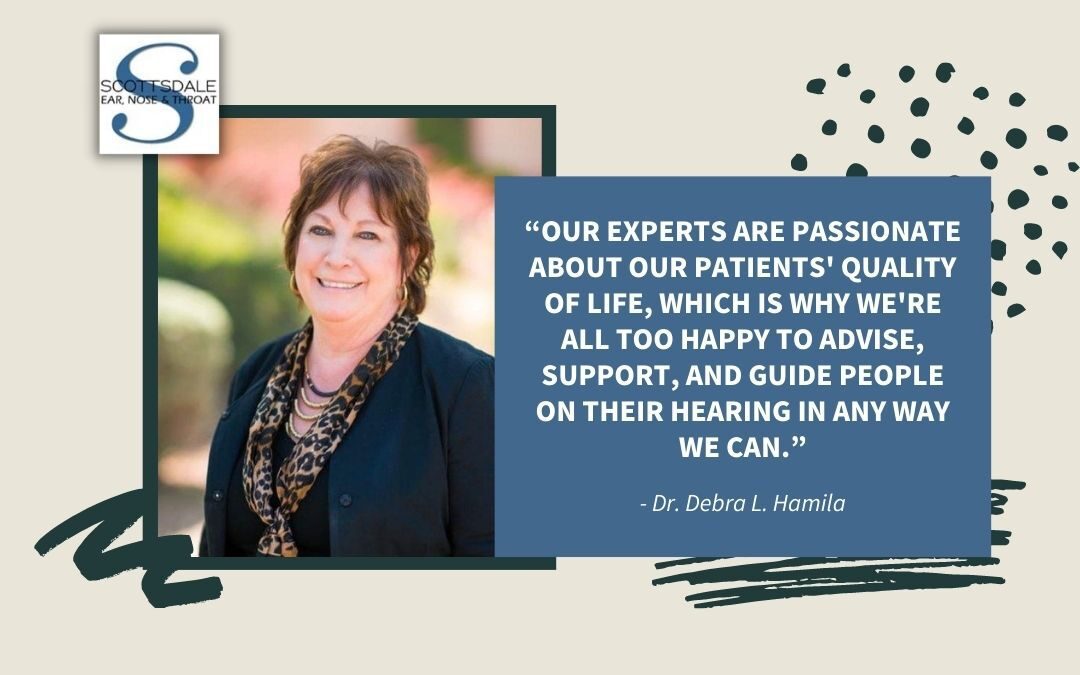It’s always an awkward moment when you need to ask someone to repeat themself for the third time—the annoyance of “not quite getting” that last word. Or the uncomfortable overwhelm of a noisy social situation where you can’t make out what’s being said.
Living with hearing loss can be difficult, and often the condition can leave you feeling isolated, but let us reassure you – if you’ve identified with any of the above, there are many ways to cope.
What Is Noise-Induced Hearing Loss (NIHL)?
It won’t come as a shock to learn that NIHL is the effect of continuous exposure to loud noises that exceed the recommended safe level of 85 decibels. It can affect anyone at any age, and roughly 20% of the US population suffers from some form of it.
Your television, radio, household appliances, and traffic usually fall below this level and are not damaging. Still, the likes of construction sites, music concerts, sporting events, and street rallies, even for a brief amount of time, can damage the sensitive structures in the inner ear and cause NIHL.
The effects of NIHL can be felt immediately or become noticeable over time, and the damage can be temporary or permanent. For example, you may go to a music concert tonight but not feel the effects of the damage for a few years.
That’s why it’s so important to treat your ears kindly and take precautions, such as wearing earplugs BEFORE you do yourself harm.
Easier said than done, though, and if you’re reading this knowing you’ve incurred some damage and are looking for ways to cope, we’re on your side and have detailed some proven coping strategies below.
Coping Strategy #1 – Acknowledge & Accept
Acknowledge it.
Hearing loss is nothing to be ashamed of. However, as the effects are usually permanent, the first thing to accept is that it’s now a part of you, albeit an uninvited part, but one that you can easily manage and become unaffected by. It doesn’t define who you are, and it certainly doesn’t mean you can’t enjoy your life.
In fact, on the contrary, acknowledgment, and acceptance can lead you to appreciate a lot more in your life, and the chances are you will develop good habits that will ensure you don’t damage your ears further (more of this below).
Coping Strategy #2 – Get Support
Make friends with a leading doctor of audiology. We mean it. Once you’ve accepted your hearing loss, you’re going to need the support of some friendly folk who are trained to help you manage it.
Lucky for you, the very people who have put together this blog are some of the friendliest and highly trained expert ENT doctors in Arizona!
Give us a call at (480) 684-1080 and book a hearing evaluation with us. It’s complimentary, and we’ll be able to advise you on what course of treatment is best, whether that’s hearing aids or others.
Coping Strategy #3 – Create Healthy Habits
Be kind to your ears by developing good habits.
OK, so your hearing has taken a bit of a beating. That’s in the past – now it’s in your best interests to develop some good habits that won’t hurt your hearing any further.
Firstly, reduce your exposure to loud noises (when you’re in control of this, of course!). It can seem like a catch 22 situation, as by the very nature of your NIHL, you will naturally want to turn the volume up, but let us tell you, this is not being kind to yourself.
If you find you really can’t hear without the volume up to the max, that’s OK; you might be the perfect person for hearing aids (trust us, they’re a lot more attractive looking now than what they used to be!).
Other strategies include always having earplugs on hand when you’re not controlling the noise levels and even putting sound-absorbing materials under noisy appliances (Yes, this works!).
There are, of course, many other coping strategies available, but we don’t want to bombard you – it’s a conversation best had face to face over a hot drink.
Our experts at Scottsdale Ear, Nose & Throat are passionate about our patients’ quality of life, which is why we’re all too happy to advise, support, and guide people on their hearing in any way we can.
If you’re still unsure about your symptoms or want to speak to a friendly professional to be told straight out what the problem is, call us at (480) 684-1080 or fill in the below contact form to book a no-obligation hearing evaluation.
It’s by far the best thing you can do to be kind to yourself today.
From all of us here at Scottsdale Ear, Nose & Throat, we hope to hear from you soon!
Still Not Convinced You Need Help?
That’s OK – it can take time to absorb the realization your hearing isn’t what it used to be.
Rest assured, you’re not alone. Allow us to introduce you to Don, whose story is all too familiar …

Don is responsible for data protection in the financial industry. Put another way, he needs to stay a step ahead of the bad guys trying to steal your hard-earned money.
Don works with diverse teams of people, usually on conference calls. Frequently asking people to repeat themselves during calls and meetings, it occurred to Don that he might have a hearing deficit.
His hearing loss is understandable and familiar, as Don grew up on a farm and later worked in construction. Prolonged exposure to noise from heavy equipment, like tractors and power tools, causes noise-induced hearing loss, the most common type of hearing loss.
The noise exposure permanently damages the tiny hair-like cells in the inner ear, making it difficult to make out words and context in everyday conversations.
Three years ago, Don decided to take action and seek treatment at Scottsdale Ear, Nose, and Throat. “It’s hard to believe I missed so much talking around me,” says Don.
It’s not just at work, either. In the quiet while fishing, Don says he’s much more in tune with simple sounds that he honestly forgot over time. Birds chirping on the shoreline, the splash of a fish jumping, and the ripples in the water hitting the boat. While it may not have improved his fishing, he does enjoy the experience.
“I felt my wife was supportive” both before treatment and now as he wears hearing aids. His advice to other guys who might be struggling to keep up at work because of a hearing deficiency: “Put aside your ego. It’s not just about you; it’s about having a better relationship with the people around you.” Don’s wife and his co-workers agree.
If you or a loved one is ready to begin your journey to better hearing, we’d love to help. As Arizona’s award-winning doctors with the most advanced technology in today’s market, we can support you in regaining control of your ENT health.
Call us or click here to schedule a comprehensive hearing assessment today.




